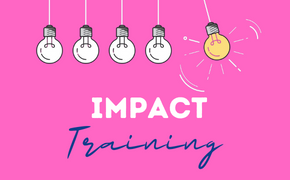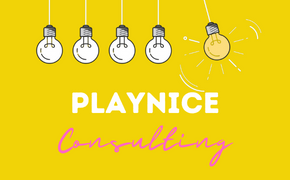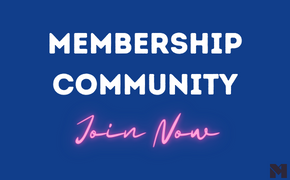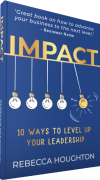Last month I wrote an article about the importance of Confidence in Leadership – especially in today’s age of Durable Disruption – and the need to focus on our resilience, our adaptability and our working relationships.
Studies show that leadership confidence is derived from an ecosystem of these three things:
- Knowing that you are resilient; you will bounce back.
- Knowing you are adaptable – your resourcefulness will find a way through anything.
- Knowing you can work effectively together in even the most difficult circumstances.
One key factor to becoming more confident is to boost our resilience. If we know we bounce back every time we fall, we lose our fear of falling.
It’s a bit like learning to ride a bike – once we’re over the fear of falling, we take off. Until then, we cry if our dad lets go of the seat.
What is resilience?
According to the Oxford Dictionary, resilience has two meanings:
The capacity to recover quickly from difficulties; toughness.
and
The ability of a substance or object to spring back into shape; elasticity.
Why is resilience becoming more important now?
“We stand on the brink of a technological revolution that will fundamentally alter the way we live, work, and relate to one another. In its scale, scope, and complexity, the transformation will be unlike anything humankind has experienced before.”
Charles Schwef, World Economic forum Chairman
“Unlike anything humankind has experienced before….” That sounds way more challenging than riding a bike, Mr Schwef.
And he’s right, especially for leaders who are caught in an increasingly paradoxical trap:
- Streamline to go faster, but be more inclusive
- Be more innovative, but increase governance
- Take more risks, but make fewer mistakes
- Lead with certainty, but manage ambiguity
Our resilience is being tested like never before, and the result is that we can easily feel overwhelmed, fatigued and disengaged. We used to call it change fatigue – yet we’re now in an era of permanent change.
And because we’re in this age of durable disruption, it’s not enough just to bounce back – we have to positively flourish in environments of challenge, change and adversity.
Building our Resilience is important for a number of reasons;
It enables us to develop our mental toughness – our ability to get back on the bike over and over again.
But it also enables us to develop our neuroplasticity – our ability to learn why we fell off in the first place so we can expect it – indeed, control it – next time.
What happens when our resilience is low?
Low resilience has been shown to impact a range of areas that are crucial for high performance:
- Cognitive functioning – resilience muddies the mind and makes it hard to problem solve.
- Mental wellbeing – prolongued bouts of low resilience can lead to depression and anxiety.
- Physical wellbeing – when your resilience is low, it impacts your sleep patterns, energy and immune levels.
Is there such thing as over-resilience?
As with any trait, taken the extreme there can be a negative side to resilience.
Overly resilient can learn to tolerate adverse situations or environments for longer than they probably should, like a boring job or terrible boss. They create a ‘stiff upper lip’ culture, or worse, a toxic one where you complain about it but take no action.
Extreme resiliency can make people rigidly and delusionally resilient and closed off to the kind of information that could be imperative to adapting for success.
That’s why it’s important to use your resilience when it’s needed. Sheryl Sandberg and Adam Grant position it well in their book Option B – think of resilience as a muscle that contracts during good times and expands during bad times.
Can resilience be learned?
In their book, Building Resilience for Success; Cooper, Flint-Taylor & Pearn assert that there are four categories to Resilience: Confidence, Social Support, Adaptability and Purposefulness – all of which can be developed and enhanced with focussed, sustained effort.
“difficulties strengthen the mind, as labor does the body”
Seneca noted that “difficulties strengthen the mind, as labor does the body” so think of your resilience as a muscle; it will get stronger with work.
So, in a nutshell – there are five ways to start improving your resilience today:
1. Spend more time with family and friends
2. Sleep, eat and exercise better
3. See every event as an opportunity to learn
4. Be purposeful about everything you do
5. Work on your inner confidence














